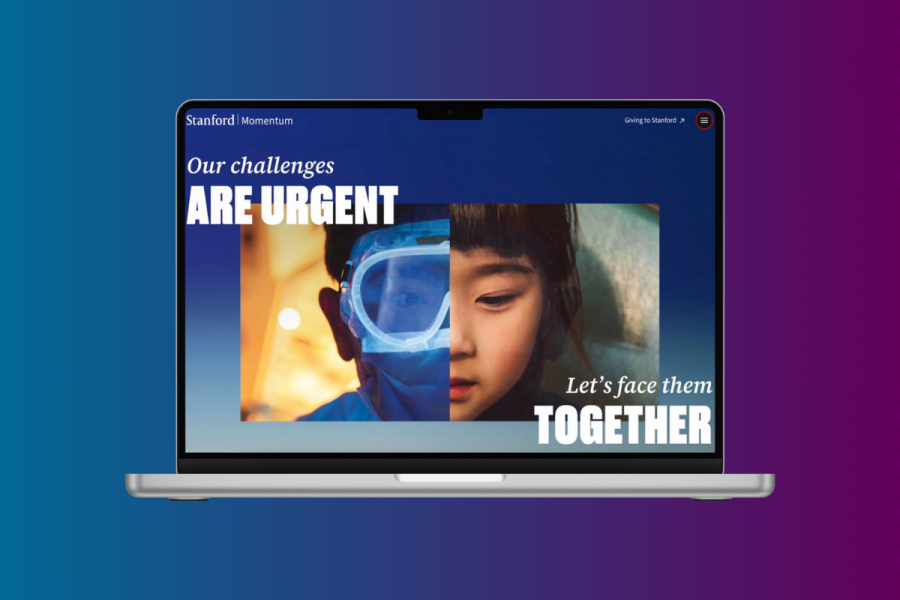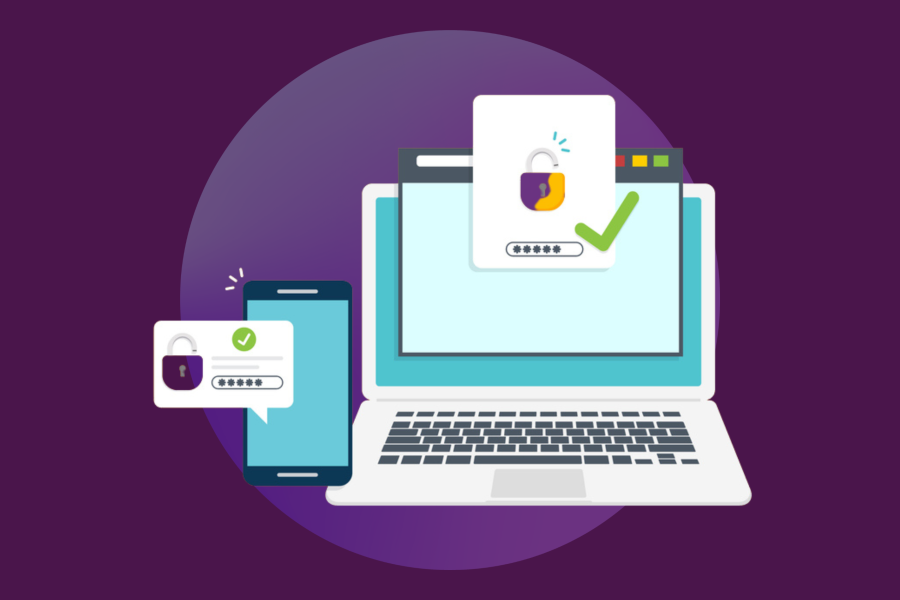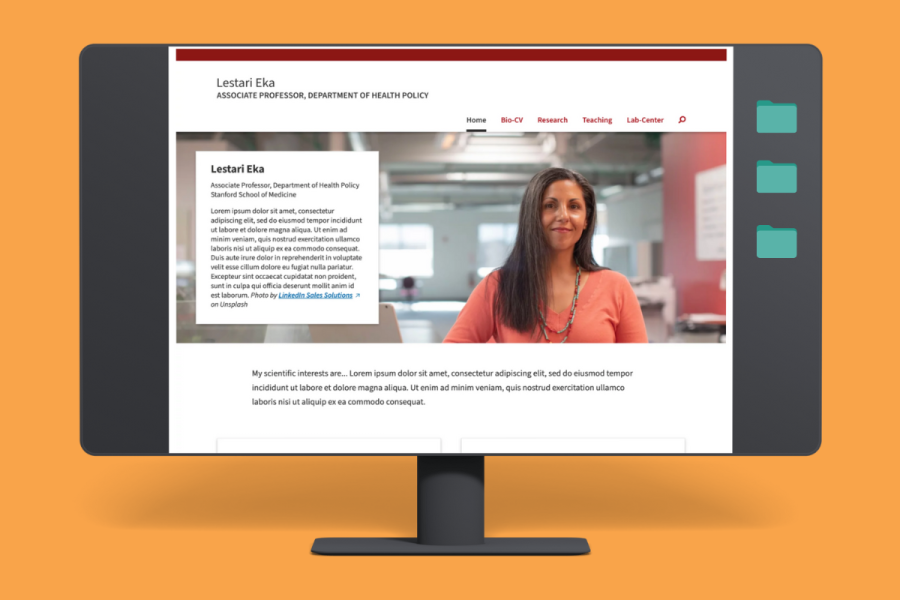Slack offers a wide variety of integrations and apps that connect the platform to third-party services. While some of these can enhance your Slack experience and make collaboration more efficient, it’s essential to exercise caution to protect your workspace and data.
Always refer to university guidelines and data security best practices, particularly when
- considering the use of third-party bots or apps, particularly those that use generative AI technologies or
- handling sensitive data.
💡Tip: Refer to Protecting Sensitive Data at Stanford for more information about data security.
PHI and other sensitive information
Due to legal limitations imposed by our agreement with Slack, protected health information (PHI) isn’t permitted on the Stanford Slack grid. This means no PHI data should be shared on Slack via direct messages, group chats, channels, file uploads, or interactions with Slack apps and bots. In the coming months, new controls will be added to the Slack platform to prevent the sharing of files that contain PHI data. More details on this change will be shared soon.
Remember sensitive data, especially data containing PHI or personally identifiable information (PII), should not be shared with external large language models (LLM) or other generative artificial intelligence (AI) services, including Slack apps or bots.
Those in the School of Medicine who want to use LLM or AI services with PHI or PII should continue to use Stanford Medicine’s Secure GPT site, a new resource built and hosted by Stanford Medicine’s Technology and Digital Solutions team. Secure GPT is powered by GPT 4.0 and provides a safe, secure environment for asking questions, summarizing text and files, and helping to solve a range of complex problems. Learn more about Secure GPT.
💡Tip: To view best practices around generative AI, including a list of AI tools being evaluated by UIT, visit the Responsible AI page.
A word about Jigso and other LLM and AI apps
Some members of our Slack community have received messages on Slack from the Jigso app, a chat-based assistant. Jigso isn’t sponsored or supported by the university. Like many other apps, it hasn’t yet been reviewed by the Information Security Office (ISO) or Stanford Privacy Office.
You should always proceed cautiously before installing new third-party apps, add-ins, or bots, especially if they integrate with external LLM or AI services. Remember that although advertised, apps or bots may not be approved for use by the university.
If you are a workspace owner, you have a higher level of responsibility when it comes to managing apps. By default, members can install apps without approval. However, if you’d like, you can enable controls to pre-approve or restrict certain apps for your workspace.
Review Slack’s security recommendations for guidance around understanding apps and permissions.
💡Tip: For questions a university service and its application to privacy and security, contact ISO or refer to Stanford’s approved services.
See also
- Refer to Protecting Sensitive Data at Stanford for more information about data security
- Review a list of Stanford’s approved services
- Visit the Responsible AI page for best practices around generative AI, including a list of AI tools being evaluated by UIT
Get help
- Submit a request to the University Privacy Office for help related to privacy questions
- Submit a request for the Information Security Office for help related to IT security
- Contact the Stanford Health Care Privacy Office via email at privacyofficer@stanfordhealthcare.org or by calling 650-724-2572 for help related to patient data
- Submit a request to the Slack admin team for questions about Stanford Slack



